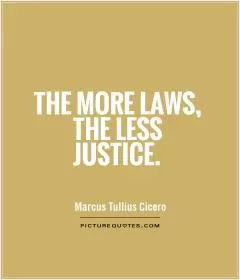Hatred is settled anger

Hatred is settled anger
Marcus Tullius Cicero, a Roman philosopher and statesman, once said, "Hatred is settled anger." This profound statement by Cicero holds a great deal of truth and wisdom when it comes to understanding the nature of hatred and its roots in anger.Anger is a natural human emotion that arises in response to perceived threats, injustices, or frustrations. It is a powerful and intense feeling that can be triggered by a variety of situations and circumstances. When anger is not properly managed or resolved, it can fester and grow into something much more toxic and destructive – hatred.
Hatred is a deep-seated and intense animosity towards someone or something. It is a strong feeling of dislike, hostility, and resentment that can consume a person's thoughts and emotions. Hatred is often fueled by unresolved anger and can lead to harmful behaviors, such as violence, discrimination, and prejudice.
Cicero's statement that "hatred is settled anger" suggests that hatred is the result of unresolved anger that has become ingrained and entrenched in a person's psyche. When anger is not addressed or processed in a healthy way, it can transform into a more enduring and pervasive emotion that colors a person's perceptions and interactions with the world.
Understanding the connection between anger and hatred is crucial for managing and overcoming these negative emotions. By acknowledging and addressing the root causes of anger, individuals can prevent it from escalating into hatred. This may involve practicing self-awareness, emotional regulation, and conflict resolution skills to effectively manage and express anger in a constructive manner.












 Friendship Quotes
Friendship Quotes Love Quotes
Love Quotes Life Quotes
Life Quotes Funny Quotes
Funny Quotes Motivational Quotes
Motivational Quotes Inspirational Quotes
Inspirational Quotes